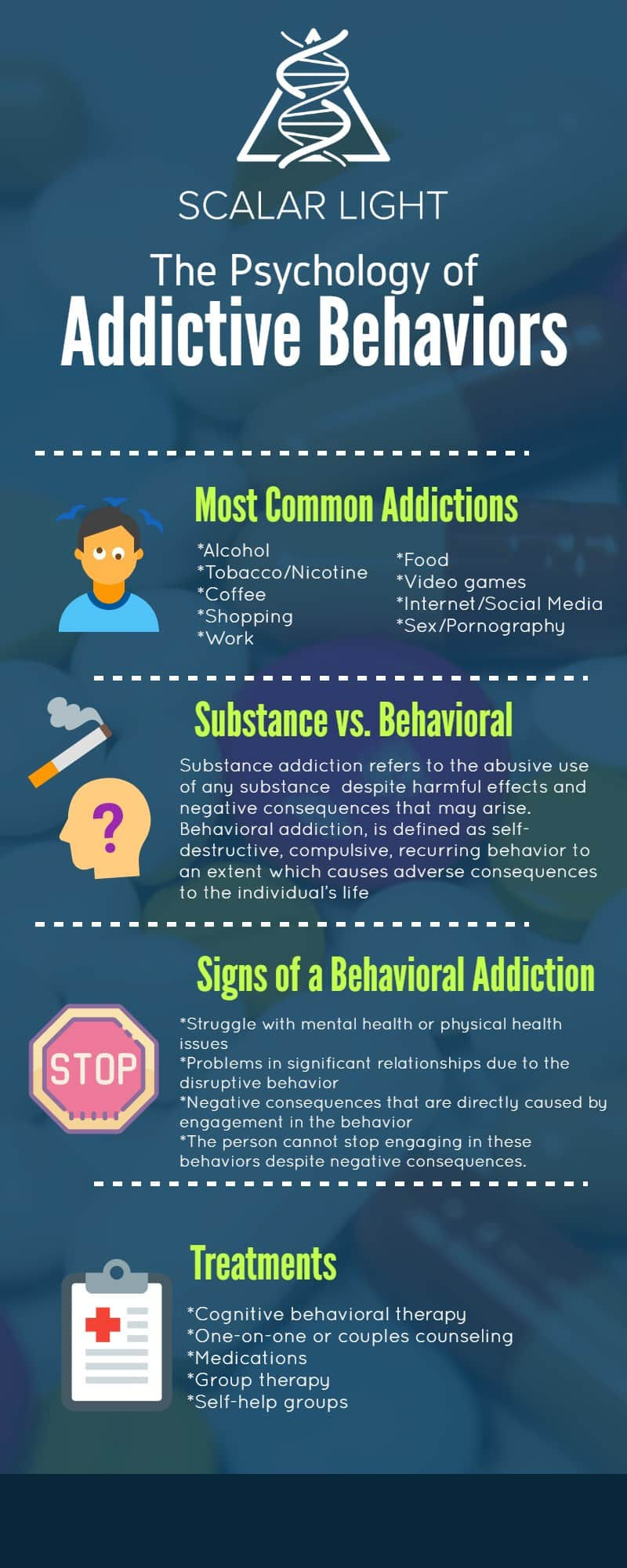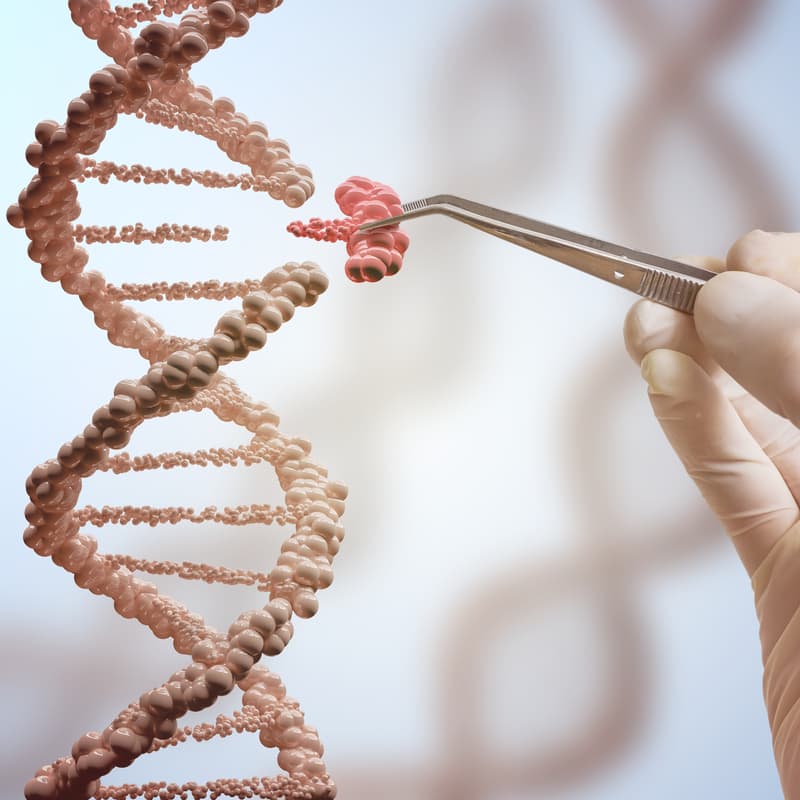Addiction is a serious issue facing every part of society. No group of people is immune from the dangers of addictive behavior; it affects the young and the old, the wealthy and the less wealthy. We may think of addicts who are disadvantaged, who have challenging circumstances to deal with. But there are also those who have had every advantage in life and still find themselves addicted. There is a huge stigma surrounding addiction. People who fall victim to addiction often find themselves hiding it due to shame or struggling to manage their recovery while dealing with the judgement of others. The stigma of addiction comes from the lack of understanding there is in relation to addiction issues. Understanding addiction is the key to managing it, and to creating a society where addiction is treated effectively without stigma. In order to support those within our community who are dealing with addiction, it is important we understand the psychology of addictive behaviors.
What is Addiction?
Addiction is not necessarily obvious. You cannot always tell that a person is addicted; the signs are not always clear. A person may be an addict and still appear to function very well. Addiction is defined by Medical News Today as a psychological and physical inability to stop consuming a chemical, drug, activity, or substance, even though it is causing psychological and physical harm. This is the crucial part of addiction; the addictive behavior continues despite it causing harm.
The Psychology of Addictive Behaviors

Addiction occurs when the reward center of the brain releases feel-good chemicals as a result of a particular action, substance, or behavior. This leads to an intensely strong compulsion to experience the sensation caused by the release of these feel-good chemicals again. Changes in brain chemistry occur in both the prefrontal cortex and the limbic system. These areas of the brain control motivation, impulse and judgement. They are also crucial to human memory. So, once the reward center of the brain triggers these feel-good sensations, or high, the ability of the person to control their impulses and make sound judgements is impaired. So, far more than simply enjoying the substance or behavior, an addict experiences a compulsion that is both psychologically and physically difficult or impossible to resist.
While the physical aspect of addiction is extremely strong, the psychology of addictive behaviors gives us even more insight into how addiction can be so difficult to escape. There are many psychological reasons why the compulsion to engage in addictive behavior can be so strong. Trauma from past experiences and high levels of stress can compound the need to escape how a person feels. There is also a social component to addiction; if a large number of a persons peers, friends or family are engaging in addictive behavior, then joining in with that behavior compounds the reward it gives. For example, if a persons social life involves friends who spend most of their time together drinking alcohol or gambling at a casino, then rejecting the addictive behavior would also mean rejecting the friends and social life that are an important part of their life. Addiction is also more likely if a substance or behavior is readily available. This might be because it is popular, affordable, or even socially acceptable; this is simply because the more readily available the behavior or substance, the easier it is to increase how often it is used.
The Genetic Aspect of Addiction

One of the major questions when it comes to understanding addiction and specifically why addiction happens to some people and not others is about genetics. Are some people more likely to become addicted than others? What role does genetics play in the risk of addiction? There has been a lot of research into precisely this issue, and it seems genetics does play a major part. While addiction isnt in our genes as an unavoidable fate, the extent to which the reward center of the brain reacts to certain substances or behaviors does have a genetic component. Some experts believe that genetic factors account for half the risk of addiction. Genetic makeup also has an impact on how we each process a substance such as alcohol or drugs. The fact that genetics play such a role in addiction greatly undermines how many people see it. The stigma of addiction is perpetuated by the idea that it is a choice and that addicts should be punished or isolated rather than receiving support.
Treating Addiction
Addiction can be treated. One of the important things for any recovering addict is to understand the psychology of addictive behaviors. This can give the person insight into why they have fallen victim to addiction and help them to look beyond the feelings of guilt and inadequacy. For people who are addicted to a particular substance, for example, alcohol, drugs or cigarettes, the path to recovery may include medical support to facilitate slow weaning off a substance. This will make the side effects of quitting a substance much easier to manage. However, replacing one substance with another is not enough to enable a person to recover completely. Talking therapy is also required to deal with the psychological aspects of the addiction. If the addiction was being compounded by social aspects, then the addict may also require additional help to manage pressure from friends, family, or the wider community. For addictions that involve behaviors such as gambling, the focus of recovery has to be on changing behavior patterns and understanding the reasons why these behaviors were addictive. This includes looking at the root psychological causes.
Recovering from addiction is a difficult road. Withdrawal from both substance abuse and addictive behavior can include a wide range of unpleasant physical and mental symptoms. From nausea, vomiting and tremors to anxiety and depression, the effects of withdrawal are very real and require real support. Before anyone can support an addict on the difficult but rewarding road to recovery, it is essential to understand the psychology of addictive behaviors and engage with their unique story.
